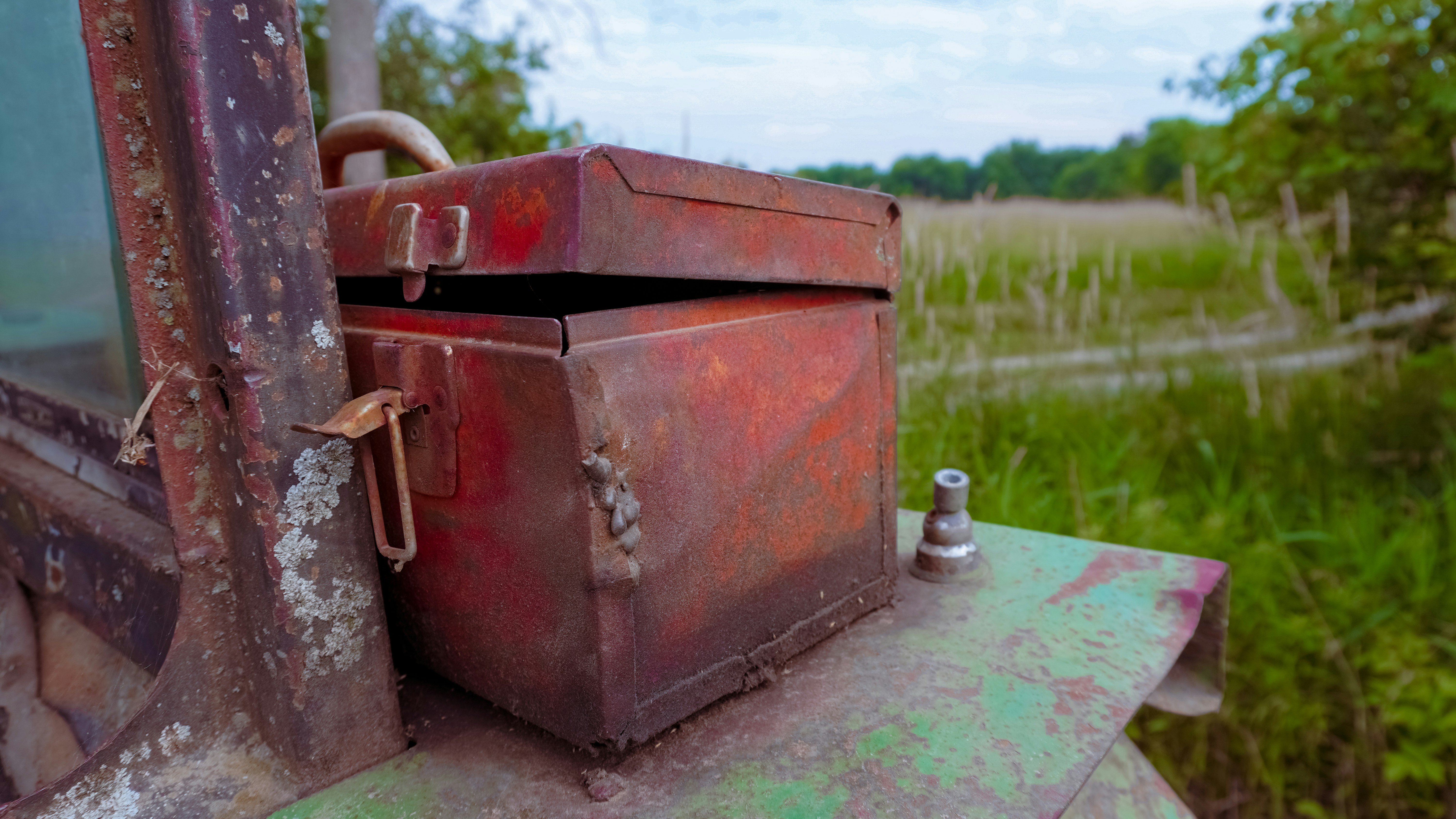
How Many UAV Tools Do You Need to Know to Get a UAV Job?
If you’re aiming for a role in the Uncrewed Aerial Vehicle (UAV) industry, it can feel like every job advert expects you to know a never-ending list of tools: flight control systems, autopilot frameworks, simulation platforms, sensor suites, communication stacks, mission planning software, GIS tools — and on it goes. With so many names and acronyms, it’s easy to feel overwhelmed and assume you must learn every tool under the sun before you’ll be taken seriously by employers. Here’s the honest truth most UAV hiring managers won’t say out loud: 👉 They don’t hire you because you know every tool — they hire you because you can use the right tools to solve real UAV problems safely, reliably and in context. Tools matter — absolutely — but they always serve a purpose: solving problems, reducing risk, improving performance, or guiding safer operations. So the real question isn’t how many tools you should know — it’s: which tools you should master, in what context, and why. This article breaks down what employers actually expect, which tools are essential, which are role-specific, and how to focus your learning so you look credible, confident and job-ready.

